
Congress approves a Medicare telehealth extension, community health center spending and more, ending the partial shutdown.

Congress approves a Medicare telehealth extension, community health center spending and more, ending the partial shutdown.

February 4, 2026, is World Cancer Day. In this slideshow, physicians can learn tips to guide patients through a cancer diagnosis.

An Oregon Health & Science University analysis of five specialties across all states highlights "ghost" physicians, high-volume core participants and growing worries about access, especially in psychiatry.

Patients are paying more for health care. But what does that mean for your practice?

Innovaccer's 2026 “State of Revenue Lifecycle in Healthcare” report shows most organizations now run AI in live workflows, yet fragmented data and point solutions are slowing scale.

How many of these possible hazards are at your practice?

What you need to know about the biggest trends that will impact health care in 2026

Medical billing software sits at the center of the modern revenue cycle, but the sticker price rarely reflects what practices actually pay.

Insurance isn't what it used to be...

An overview of code changes that could improve patient outcomes and practice revenues.

Simple, repeatable coding habits can cut down on denials, support compliance and protect your margins in 2026.
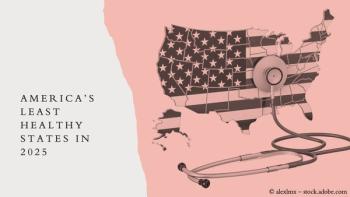
The latest America’s Health Rankings report reveals deep regional and socioeconomic divides in population health. These were the least healthy states in 2025.
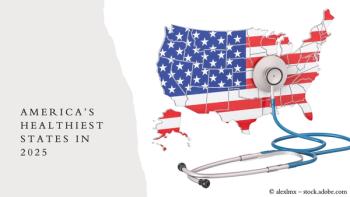
New Hampshire, Massachusetts and Vermont lead the 2025 America’s Health Rankings, but even the highest-scoring states are juggling chronic disease, affordability and access gaps that show up in exam rooms.

Patients are always looking for easy solutions
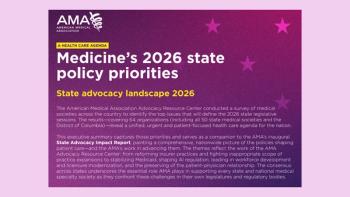
What are the top priorities facing physicians across the country this year?

New data show patients are using the chatbot to decode bills, compare insurance and fill access gaps, especially in hospital deserts and after clinic hours.

Did you catch all the Medicare payment model changes coming for 2026 and 2027? Here’s a slideshow recap.

Wearables, artificial intelligence and workplace care models push medicine further from the clinic and deeper into daily life, group says.
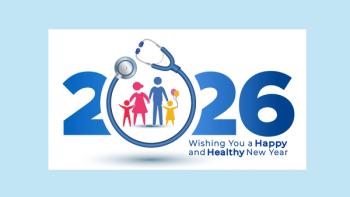
A slideshow with steps to take for better physical and mental wellness this year.

The most popular stories of the year ranged from AI to MOC.
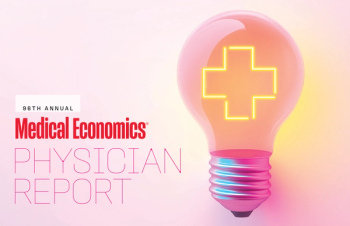
Our 96th annual Physician Report, released in August, features exclusive data on physician compensation, practice financial health and more.

A hidden cost shift is creating a new affordability crisis for patients.

Here’s what primary care practices should focus on before committing to a system.

Key numbers and trends from the AAMC’s latest medical school enrollment and applicant data.

These ICD-10-CM codes for winter illnesses and injuries will help maximize reimbursement at your practice during peak flu season.

Revenue loss in primary care is often driven by everyday coding and documentation habits. These seven common mistakes can reduce legitimate reimbursement without physicians realizing it.

Understanding documentation, accuracy and compliance

Laying the foundation for coding success for incident-to billing.

A study published in JAMA Network Open examines what happens when doctors get built-in time for inbox work.

Key changes physicians need to know in the American Diabetes Association's 2026 Standards of Care in Diabetes.